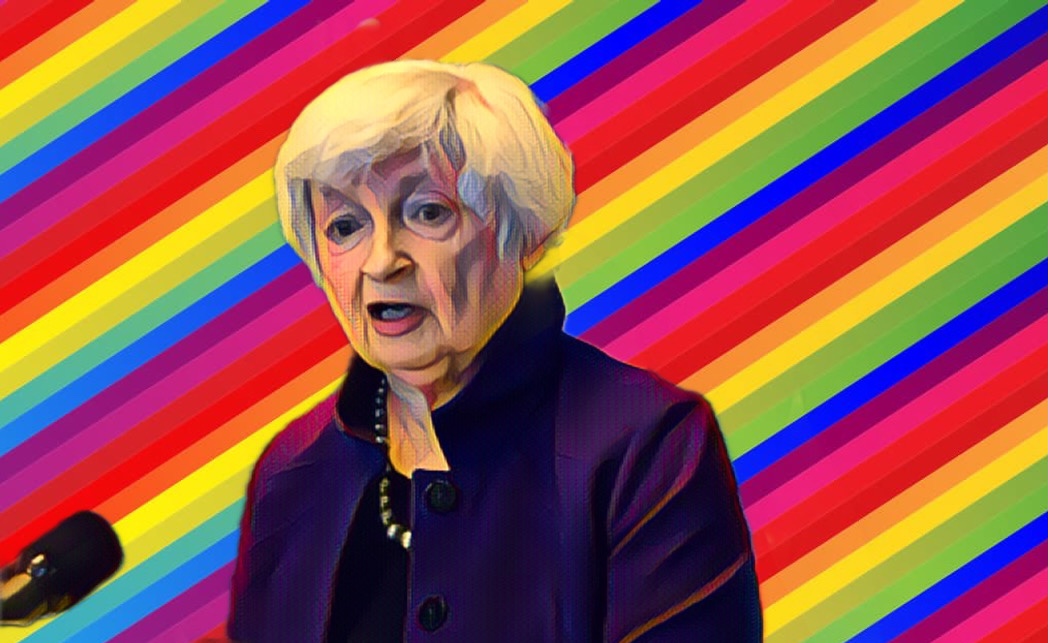In recent statements at the International Monetary Fund and World Bank spring meetings, U.S. Treasury Secretary Janet Yellen called attention to China’s extensive investments in clean energy manufacturing. Yellen criticized these practices for creating an unbalanced global market, which she argues puts American and other international businesses at risk. She expressed concern that China’s overproduction of key technologies such as electric vehicles, batteries, and solar panels might drive competitors in the U.S. and elsewhere out of business.
“China’s support for its firms is creating an uneven playing field,” Yellen stated, highlighting the unfair advantage gained by Chinese companies through significant government backing. This situation, she noted, poses risks not only to the competitiveness of U.S. enterprises but also to the integrity of global supply chains in clean energy sectors.
Ongoing U.S.-China Dialogue
Yellen’s comments come amid a series of meetings with Chinese officials aimed at addressing these trade imbalances. The discussions, part of her broader diplomatic engagement during her visit to China earlier this month, have also covered topics such as money laundering and climate change. However, the focus remains sharply on China’s industrial policy and its implications for global markets.
During these talks, Liao Min, China’s Vice Minister of Finance, emphasized the importance Beijing places on its relationship with Washington, conveying a message of cooperation from He Lifeng, a former Vice Premier of China. “We are committed to continuing in-depth and constructive discussions,” Liao read from He’s statement, signaling a mutual interest in resolving the contentious issues.
As Yellen prepares for another round of discussions, the path forward seeks to mitigate the challenges posed by China’s market dominance in clean energy production. While the U.S. aims to ensure fair competition and safeguard domestic industries, these negotiations also offer an opportunity to enhance bilateral cooperation on broader economic and environmental issues.
The ongoing dialogue is crucial as both countries navigate the complexities of their trade relationships and global economic responsibilities. With strategic collaboration, there is potential to achieve a more balanced and sustainable approach to clean energy production and consumption.
Source: Reuters



